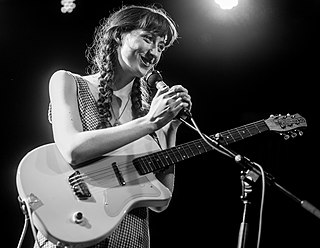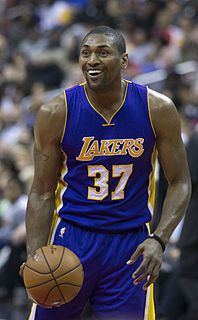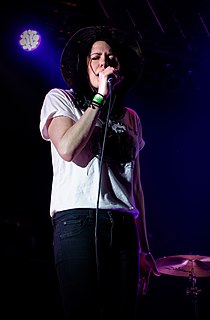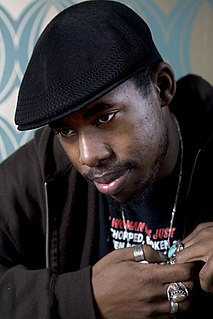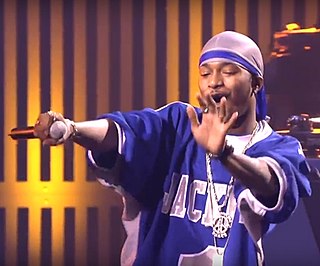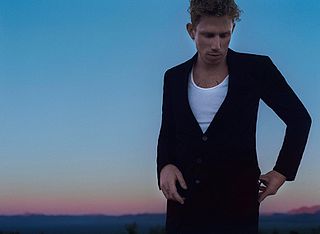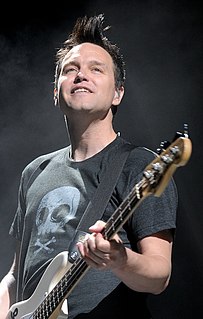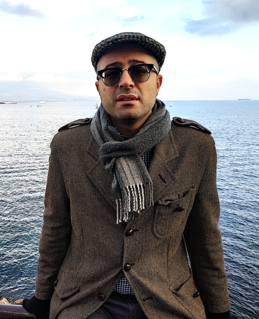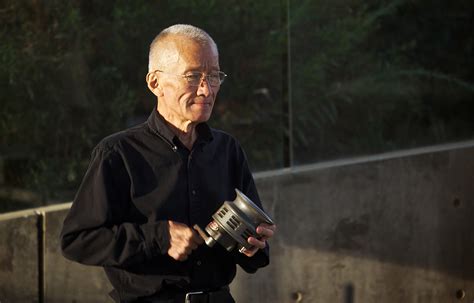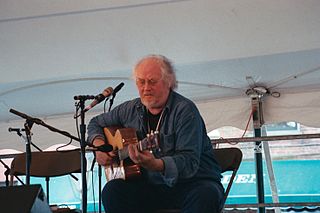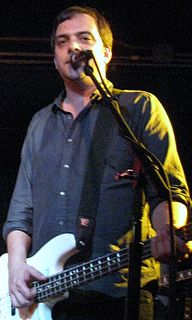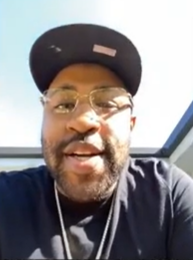A Quote by Frankie Cosmos
I really liked punk music and experimental music that my brother was taking me to go see in the city, when I was probably, like, 13 years old. I was seeing a lot of teenagers making 'weird' music, and I think that was probably a big part of the reason that I actually started to play myself.
Related Quotes
When I was growing up, I wasn't in bands, and had really no intention of ever doing music. I went out to California for college, and kind of on a whim started making music really as a joke, and over the course of the next five years started playing a lot of shows, and music became this really integral part of my identity.
First, I started to play the organ. I did that until I was 11. From the age of 11 to 13, I gave up music entirely. And then at 13, I picked up the guitar, and after one and a half years, I started practicing intensively. I began playing in rock bands, and it was there that I discovered that the music I liked to write was always instrumental.
People around me are always an inspiration due to their love of the music and they help me to generate ideas for music. But it's really the passion and drive I have for my music that keeps me connected. I recorded my first song in the studio at 8 years old and I've taken it seriously since then. Making music is fun to me so I aim to translate those feelings into the music.
I think I'm really part of a whole generational movement in a way. I think a lot of other people since and during this time have gotten interested in writing what we can still call experimental music. It's not commercial music. And it's really a concert music, but a concert music for our time. And wanting to find the audience, because we've discovered the audience is really there. Those became really clear with Einstein on the Beach.
When I was in London I found house music and techno, and I love that s - t. It's my go-to music. It's the closest for me to the old funk of James Brown and the repetitive dance music that I like from the soul music. I'd love to do a live album, like a little bit old school but still progressive, influenced maybe by more electronic music. I like everything, but I don't know anything about music. So it comes in to a lot of different ingredients.
When I was nine years old, I started playing guitar, and I took classical guitar lessons and studied music theory. And played jazz for a while. And then when I was around fourteen years old, I discovered punk rock. And so I then tried to unlearn everything I had learned in classical music and jazz so I could play in punk rock bands.
I think, you know, for someone who does play, let's say, old music or, you know, Baroque music or Renaissance music - and you know, and I do play a lot of that, obviously - engaging with new composers, engaging with young composers, is really exciting because it makes me look at people of the past in a very different way that they are also living, that there was a lot of subjectivity in the decisions that they were making.
I got into one of the Scottish classical styles called piobaireachd, which is a very old music that started around the 1700s or something. I really got into this music. After that, I started to compose bagpipe music in my notations. Then I started building bagpipes by myself, and then I started to perform with the instrument myself in the 1980s.
I was interested in a whole range of music that I used to play, popular music -- particularly American music -- that I heard a lot of when I was a teenager," "I think at a certain point it dawned on me that myself playing this music wasn't very convincing. It was more convincing when we played music that came from our own stock of tradition. ... I certainly feel a lot more comfortable playing so-called Celtic music.
I think in the old music, everything was so competitive. It was all about - very selfish in a lot of ways. The label sort of capitalized on that desperation and that competition. In the new music landscape, with is the democratization of the internet and music in general, I think it can be a lot more collaborative. People, instead of competing, they can actually support each other, in music.
